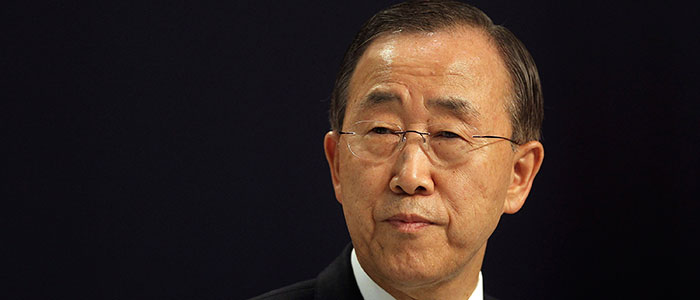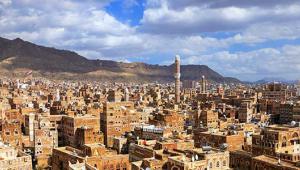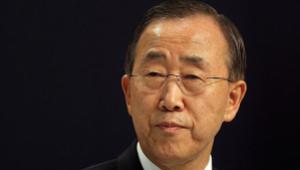Web_BanKiMoon_iStock_000016840187_Large.jpg

UN secretary-general Ban Ki-Moon
In a statement released today, Ban said bribery, corruption and illicit financial flows are no longer seen as the “cost of doing business”, but “widely – and rightly – understood as criminal and corrosive”.
He said “global attitudes have changed dramatically”, exemplified by the inclusion of the need to fight corruption in the Sustainable Development Goals, ratified in September, which outline the global approach to development until 2030.
Corruption has disastrous impacts on development, he said, and it exacerbates violence and insecurity and leads to dissatisfaction with public institutions, disillusion with government and spirals of anger and unrest.
Goal 16 recognises this, and works to substantially reduce corruption and bribery and promote access to justice and effective, accountable and transparent institutions.
Yury Fedotov, executive director of the UN Office on Drugs and Crime, echoed Ban’s words, stating that if corruption goes unchecked it will seriously impede the achievement of the 2030 agenda.
“When corruption and bribery succeed, the goal of fairness and equality fails,” he said.
“Corruption is a short-term victory for the few that deeply harms the many.”
Fedotov said there had been “number of successes” in the fight against corruption this year, especially in regard to the sixth Conference of the States Parties to the UN Convention Against Corruption, which saw leaders meet in St. Petersburg and discuss global anti-corruption efforts.
He said this year “was a milestone in these activities”, with improvements in the areas of asset recovery, prevention of corruption and bribery, the development of public-private partnerships and the launch of a peer review mechanism to analyse nation’s efforts – which he said has had a “remarkable impact”.
However 2015 has also been a year of high-profile scandals, from the allegations surrounding Brazilian politician’s activities in state-owned energy company Petrobas that lead to the impeachment of the president to wide-spread corruption in football’s governing body Fifa.
Transparency International also recently accused G20 members of failing to keep their promises to fight corruption and found that citizens in Africa think corruption is on the rise while their governments are not doing enough about it.
Ban and Fedotov called on governments, civil society, the private sector and individual citizens to continue their efforts to stem corruption.
The British Academy and the UK’s Department for International Development have announced a £4m scheme, headed by academic Paul Heywood, to identify new initiatives to help developing countries tackle corruption.
CIPFA’s Counter Fraud Centre have also said it was important raise awareness about corruption and its impact, and noted that the problem affects both the developed and developing world.
Centre head Rachael Tiffen stressed the importance of open dialogue. “One of the key questions we ask is, do you have a system in place to spot the signs of corruption?” she said.
“You would be surprised by the number of public and private organisations that say no.”
The centre called for greater transparency in accounting and recommended that organisations adopt a robust system of checks and balances to build a strong, anti-corruption defence with the right knowledge, skills, systems and policies in place.













